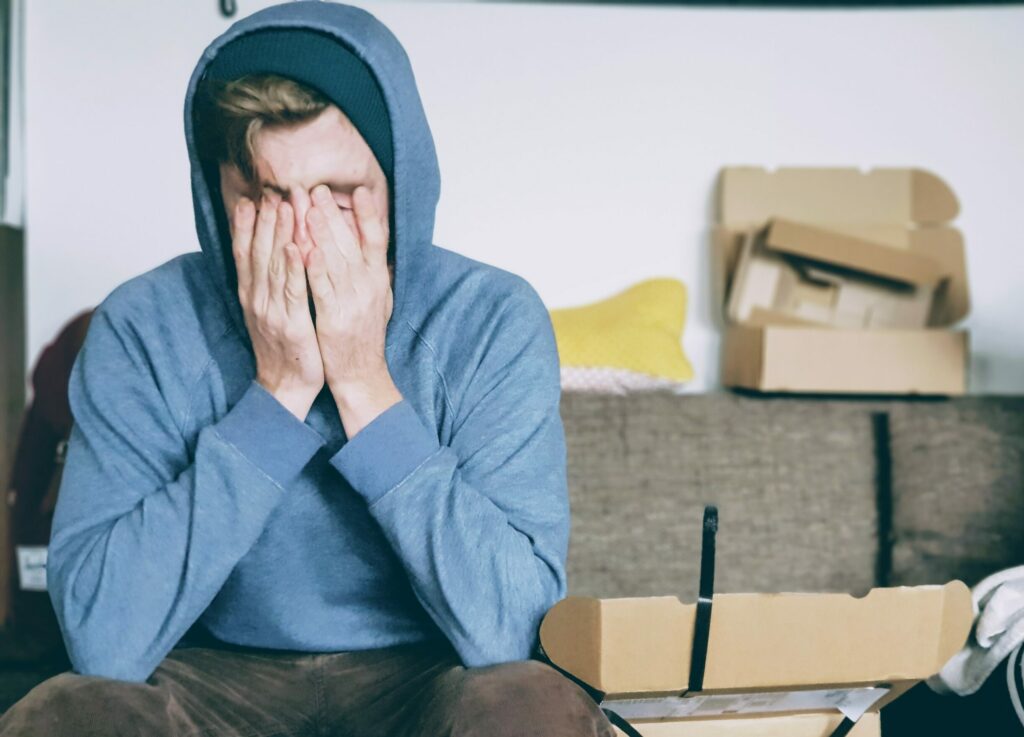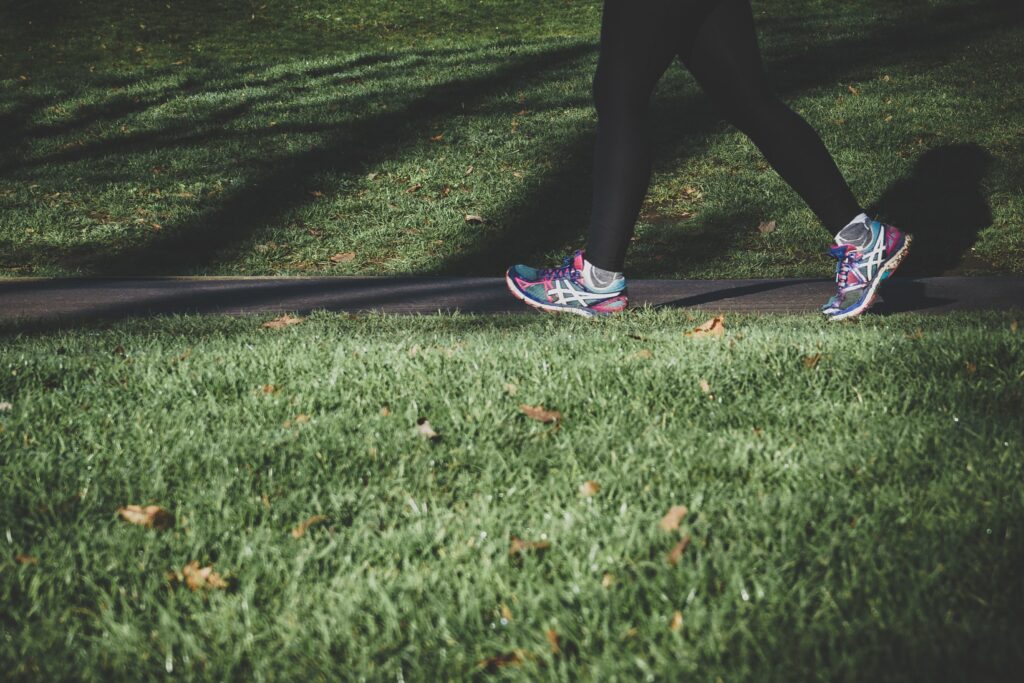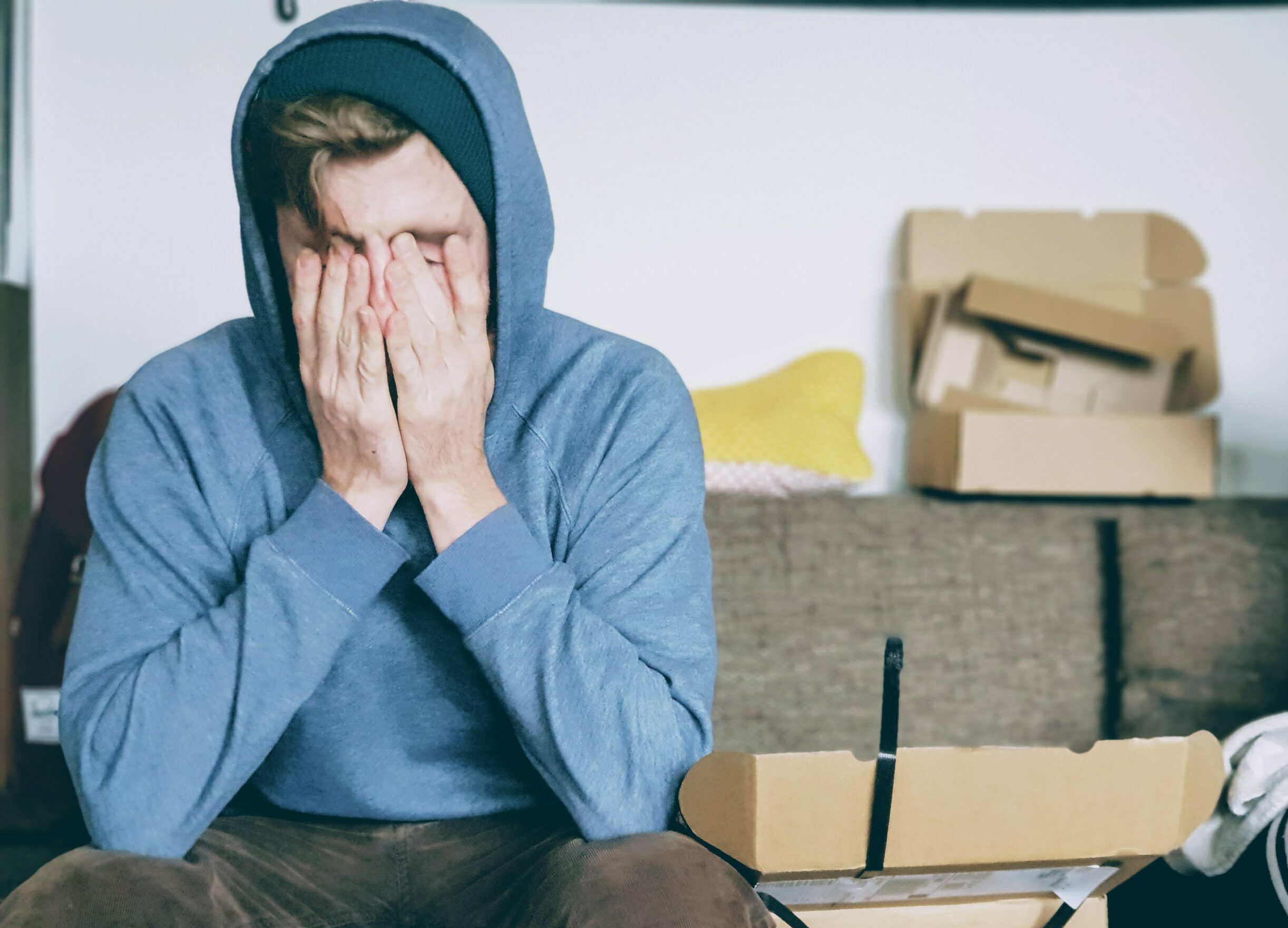
By Shelby Williamson, senior communication specialist in the Office of Marketing and Communication

Dr. Stephen Saunders is the chair of psychology in the Klingler College of Arts and Sciences.
Saunders has published studies on the effect of the therapeutic alliance on treatment effectiveness in psychotherapy; practical aspects of measuring treatment effects within real-world clinical settings; and evaluating whether involving spirituality in alcohol treatment improves effectiveness.
He is also taking a comprehensive look at help-seeking processes and the role of spirituality in mental health care, as well as the overall mental health services delivery system — analyzing who needs and who obtains, and the best way to provide the different ways to evaluate mental health treatment.
In a Q&A, Saunders offers advice on how to recognize and best manage stress that can come from social distancing and remote work driven by the spread of coronavirus:
Stress can impact health in major ways. Some, though, might not even be aware they are experiencing stress. As we continue with social distancing, working remotely and staying within the confines of our homes, what insight can you offer about identifying stress?
Stress has two components. There is the stressful situation or event that is external to us or inflicted upon us, that creates stress. Then there is our reaction to the stressful situations and events. Fortunately, or not, the term “stress” is used to describe both the event and our reaction — “this stress is causing me stress.” Research shows they are intimately related, as the more stressful the event, the more stress we experience.
Different people experience stress differently. Some people are very aware when they are facing stressful events or feeling stressed out. Others, though, are less able to recognize stress. Neither is good nor bad, in that we need people in the world who don’t react much to stress to help manage stressful situations. We need these people as fire fighters, police officers, surgeons, intensive care unit nurses, fighter pilots and kindergarten teachers — just to name just a few high stress jobs.
But being aware of our reaction to stress is very important to our health. Though, there are healthy and unhealthy ways to respond to stress. If we don’t realize we are feeling stressed, we might respond in an unhealthy way and make things even worse. Unhealthy ways of responding to stressful feelings include reacting angrily to others, drinking too much to try to feel better and isolating socially.
Here are some behavioral and mental signs and symptoms you may be stressed:
Irritability: Normally kind and patient (or at least try to be), you now find yourself easily frustrated with others.
Lack of enjoyment: Things that you used to bring you happiness such as telling jokes, chatting with others or watching a favorite show just aren’t as interesting and you “just don’t feel it” anymore.
Insomnia: You’re having trouble falling asleep, staying asleep or you are waking up earlier than you want.
Headaches or body aches: You’re experiencing aches which might mean you are tensing your muscles without knowing it.
New drinking patterns: You are using alcohol more than normal or more than you should.
Attention from others: Others are noticing you seem stressed or acting differently and begin asking you, “Are you okay?”
Slipping performance: You are not able to focus or make decisions like you used to, which is hurting your efficiency.
Feeling overwhelmed: Although you have not actually lost any abilities, you now doubt your capacity to perform well.
It seems many initially thought working from home would be less stressful but are now finding out otherwise. Can you explain how abrupt changes to daily routines can result in new stressors and heightened levels of stress?
Sudden changes to routines can disrupt our performance, and it might require a lot of effort to get back up to speed.
Routines are activities we have done often. We develop habits, and anything habitual is done more easily than something new. If anything has become “routine,” we have probably gotten good at it, and we are probably comfortable.
Consider how stressed most people are when they are learning to drive. They have to think about which pedal is the brake and which is the accelerator; they have to remember to check their mirrors; they have to think about when to start their turn. Yet most who have driven for years often do so without much effort at all. Everything about driving becomes habitual and routine. And even though driving a vehicle is an extremely complex and potentially dangerous task, becoming so familiar with it makes for a more effective, safe driver.
Work routines are similar. When you first start a new job, you likely experienced stress. Then you get into habits and routines, and you then feel your job gets better and more manageable.
Right now, amid the spread of coronavirus and the mandated precautions, we are all facing an entirely new work environment. This entails, by definition, a disruption of our typical work routine. We have been required to change almost everything. We need to think about where we work, when we do certain tasks, how we work most effectively, who we see and how we go about solving problems. These are all things we have long done and have mastered because we developed effective routines. But we now are all trying once again to come up with new routines to do our responsibilities in different ways. We have to think about almost every aspect of these activities and that naturally comes with stress.
The current situation is not just about a different work environment. Every part of our daily routine has been changed. Children are no longer going to school; we can no longer see friends; restaurants and theaters are closed; church has been canceled and moved online; and everyone is a bit scared.
What are some simple at home ways to curb stress during these uncertain times?
Make sure social distancing does not cause social isolation. Use social media to keep in touch with family, friends and other loved ones. Make phone calls. Even better, do video chats. Stay in touch with people intensively. Interact virtually more than you ever have before. Play games by videoconference.
Keep active as best you can. Get outside. Go for walks and runs. Wave to neighbors and stop to chat at a safe distance.

When we are feeling helpless about changing things, it can be very helpful to our emotional well-being to do something positive. If you can do so safely, consider volunteering. Help deliver groceries to neighbors who cannot leave their home. Donate blood, following proper health guidelines. Watch out for others virtually and reach out to those you suspect is especially stressed out or who is shy by nature and hesitant to ask for help.
Pick up a new hobby or activity you have long wanted to try. Have you always wanted to learn to meditate? Try it. Have you always wanted to learn the guitar? Pick one up and start playing. Have you always been curious about sourdough bread recipes? Now might be a good time to learn.
What are the tricks to staying motivated during remote work?
Sticking to previous routines as much as possible will help people stay motivated. Go to bed on schedule. Set your alarm like usual and get up when you normally would. Most definitely get out of your pajamas and get dressed as if you are going into the office.
Adapting is also important. If you can, set aside a place, such as a spare room, to use as an office. Schedule yourself to do certain things at certain times. Populate your calendar with events, including social media events (e.g., “Call grandma”).
Take breaks, like you normally do. Don’t just turn on the TV during those breaks, though. This likely is not a part of your normal work routine — so don’t do it now. Instead, go for a virtual walk to a colleague’s office and have a chat, assuming they are available. Perhaps set up regular times to take breaks and have a chat.
Please keep in mind, though, that one of the dangers of working remotely is never turning work off. This means always being responsive to emails and work-related texts. Set a time when you “leave” work, like I hope you normally would. After you clock out, so to speak, don’t check email or texts (they will be there in the morning) — if appropriate for your job during these times.
How can people best return to “normal” after things calm down regarding the coronavirus? How can we manage stress that might come with going back to the office after several weeks at home?
Consider the circumstances and think realistically.
Most of all, give yourself some credit. You likely did not expect you could handle the current situation as well as you probably have. Maybe you have learned you are more resilient than expected. Carry that knowledge into the future. It will be difficult, but you will overcome.
Think realistically about what will happen in the future. Just like now, there will be adjustments to make. But expectations will likely be adjusted as well, as they were for this crisis. No one will expect perfection right away, and hopefully you will not expect it of others or of yourself. Practice patience and forgiveness, with yourself and with others.



